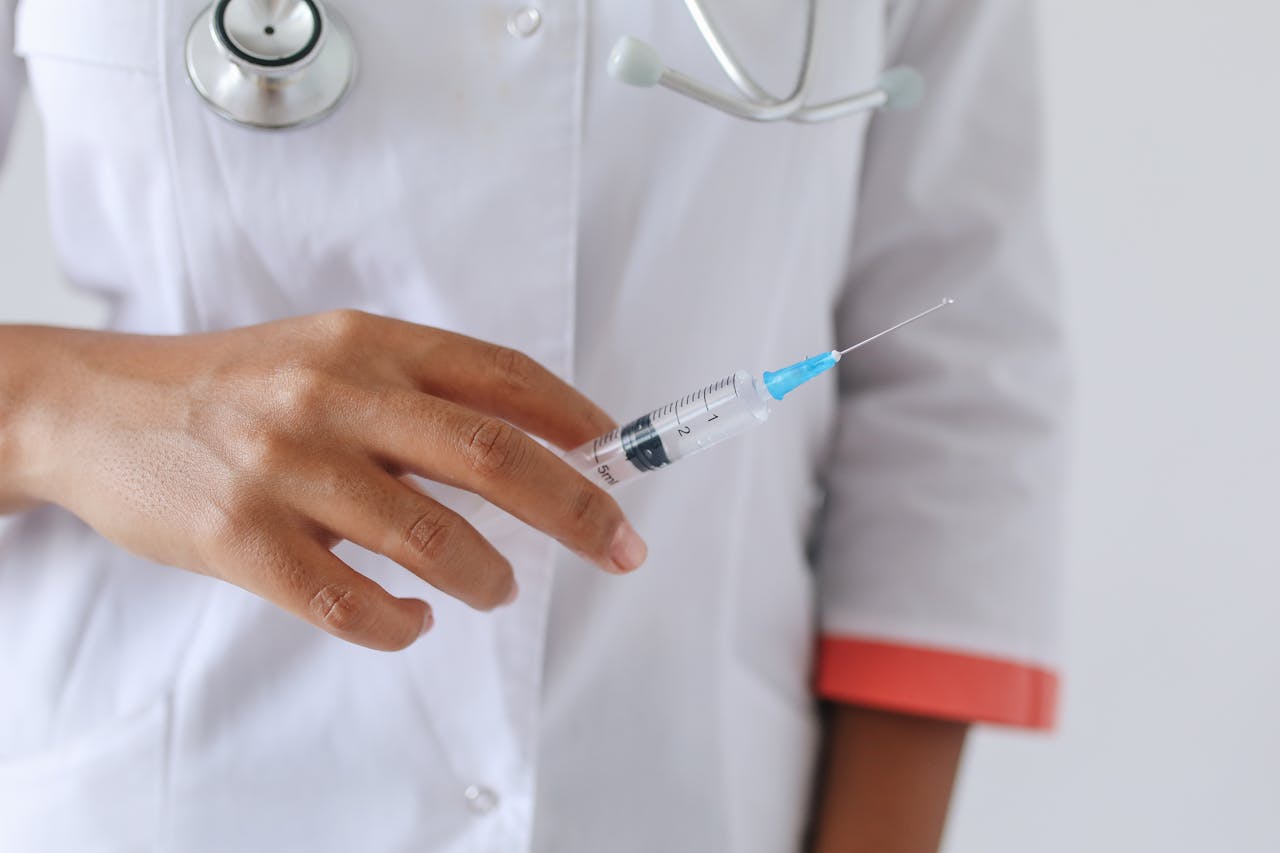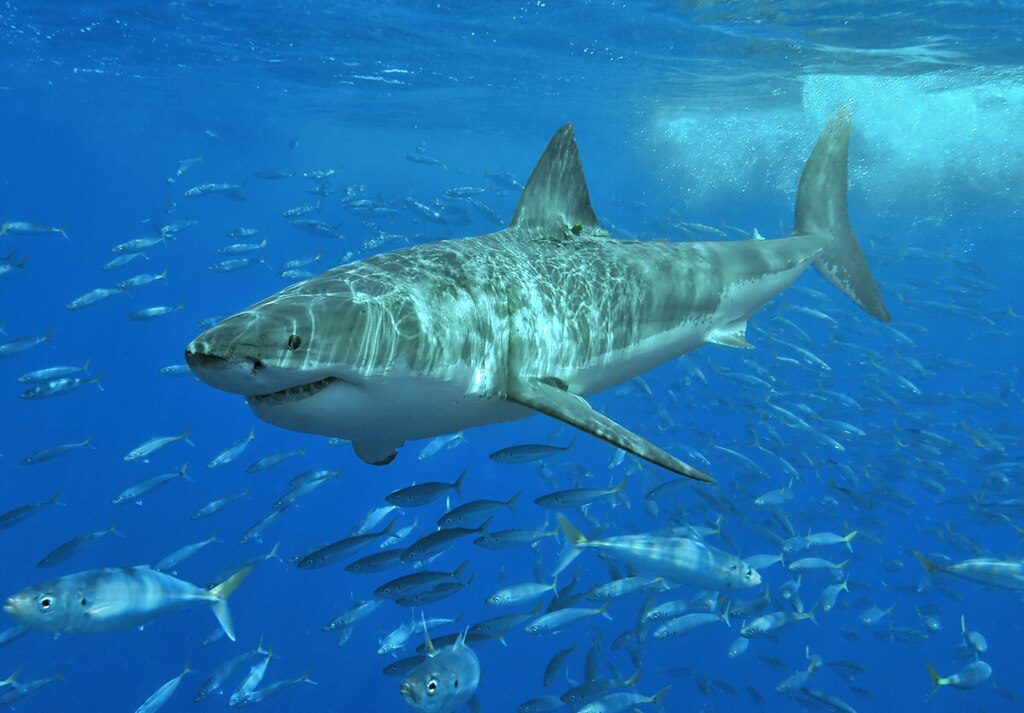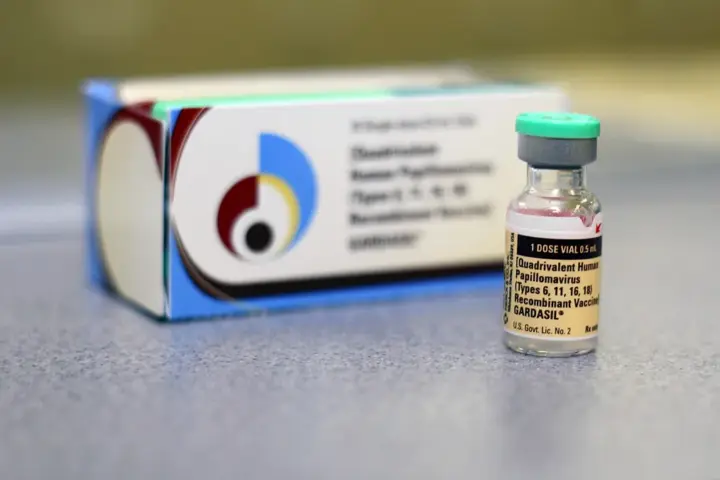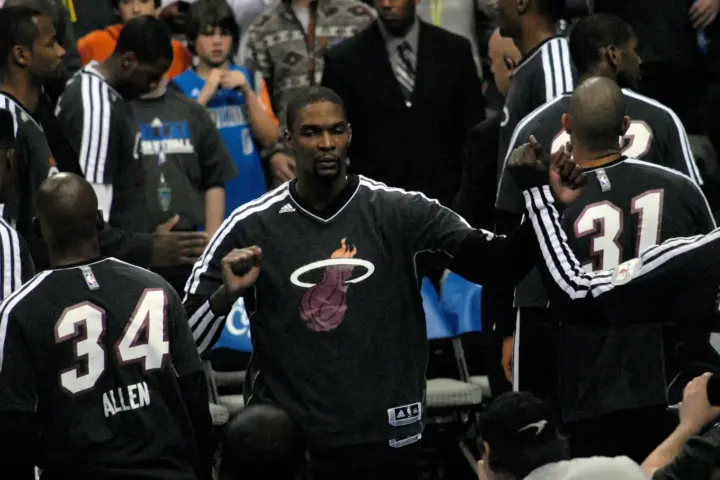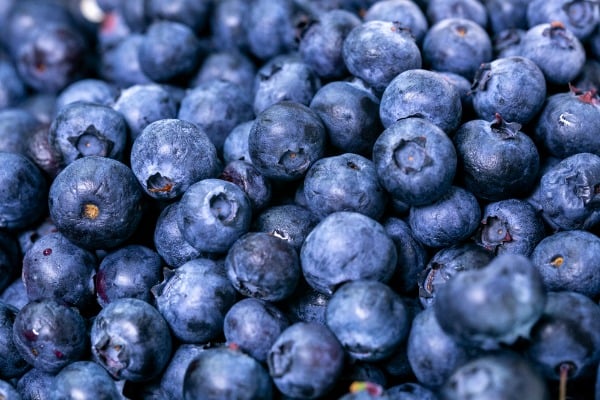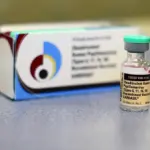A baby whose mother was not vaccinated against whooping cough during pregnancy has died of the disease, UK health officials confirmed. The infant, believed to be under one year old, died between March and June 2025, according to the UK Health Security Agency (UKHSA).
This marks the first infant death from whooping cough in Britain this year. Since the maternal vaccination program began in October 2012, a total of 33 babies have died from the infection through June 2025. Of these deaths, 27 involved babies whose mothers had not received the vaccine during pregnancy, including this year’s case.
Dr. Gayatri Amirthalingam, deputy director at UKHSA, said: “Sadly, with a further infant death in the second quarter of 2025, we are again reminded how severe whooping cough can be for very young babies. Our thoughts are with the family who have so tragically lost their baby.”
Whooping cough, medically known as pertussis, is a highly contagious infection of the lungs and breathing tubes. It starts with cold-like symptoms before developing into severe coughing fits that can cause breathing difficulties. The “whoop” sound comes from gasping for breath between coughing bouts, though young babies don’t always make this noise.
The disease poses serious risks for infants under one year, who are most vulnerable before they can receive their own vaccination. These babies rely on protection passed from their mothers through vaccination during pregnancy.
Maternal vaccination is highly effective. UKHSA data shows the vaccine is around 91% effective at preventing infant deaths from whooping cough. The protection passes from mother to baby through the placenta, providing crucial immunity until babies can receive their own vaccinations at 8 weeks old.
Health officials recommend pregnant women get the vaccine between 16 and 32 weeks of pregnancy, ideally around 20 weeks when many have their mid-pregnancy scan. Women who miss this window can still receive the vaccine later in pregnancy.
Similar Posts
The UK experienced a significant whooping cough outbreak in 2024, with 14,894 confirmed cases and 11 infant deaths. While cases decreased in 2025, UKHSA reports January–March levels were in line with relatively low non‑peak years, consistent with pertussis’s 3–5‑year cycle. This pattern follows whooping cough’s cyclical nature, which typically peaks every 3-5 years.
Vaccination rates for pregnant women fell to around 59% in early 2024 but have since improved, reaching approximately 73% by early 2025. However, In England, childhood vaccination coverage hit a 15‑year low, with nearly one in five children starting primary school not fully protected against key diseases.
In response to broader vaccination concerns, the NHS will add chickenpox (varicella) vaccination to the routine schedule from January 2026 for babies aged 12 to 18 months. This comes as health professionals report rising cases of measles nationwide, with a child death reported at Alder Hey Children’s Hospital in Liverpool in July.
Health minister Stephen Kinnock has publicly addressed vaccine hesitancy and misinformation, calling for coordinated campaigns with GPs, schools, and public health services to improve uptake rates.
The recent infant death highlights the ongoing importance of maternal vaccination against whooping cough and the critical role it plays in protecting the youngest and most vulnerable members of society from a preventable disease.
